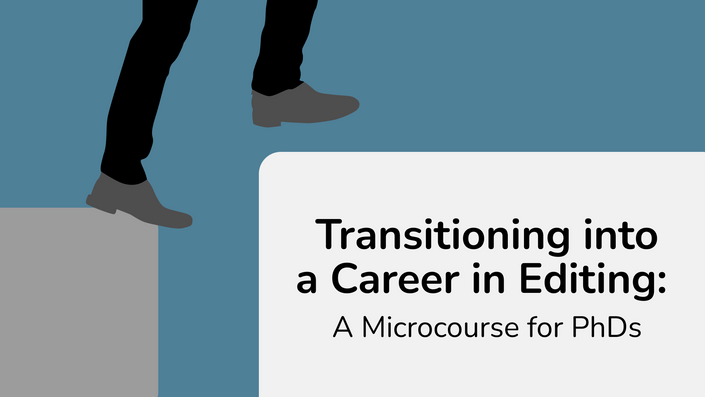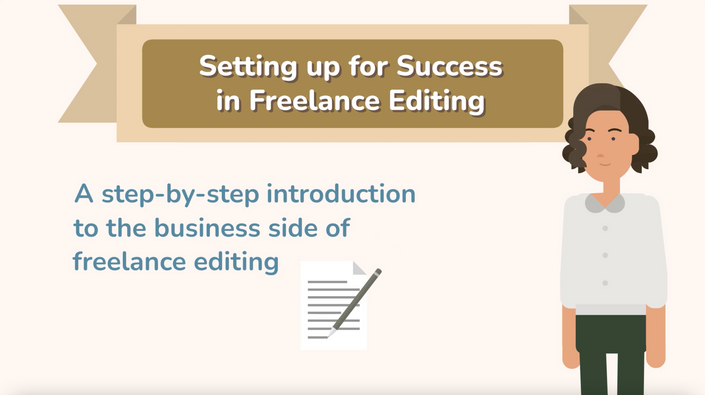Courses Offered

Hi, I’m Letitia
I am a fine-details person who enables others to express themselves clearly and concisely. I edit grant applications, journal articles, book chapters, monographs, and promotion and tenure dossiers.
As an editor, my job is to help researchers articulate their skills, experiences, and plans to the right audience in the right genre. With a PhD in English Literature, experience reviewing arts & culture grants for the Vancouver Foundation, and success in editing ~$4M of research funding proposals, I specialize in editing academic work in the health sciences, social sciences, and humanities.
I've been writing the monthly advice column "Ask Dr. Editor" for University Affairs since 2018.
My first name rhymes with “militia” and is derived from the Latin for “joy”.
At Writing Short is Hard, my vision is for a university system and civil society in which high-quality creative and research work is valued, accessible, broadly shared, and appropriately measured and compensated. My work as an editor and as a teacher of editing is informed by research evidence published in peer-reviewed books and articles, as well as by my doctoral research on the politics of poetic forms and content.
My courses are designed for editors who are looking to grow their business or their career, and for academics who want to improve the quality of their writing without needing an editor's help.
Previously Published in Ask Dr. Editor

Break Bad Rules: How to change language norms in your academic field, individually and systemically
I’m a woman who works in a male-dominated field. There’s a commonly used phrase that I hate hearing — I’m being ambiguous for anonymity, but think of the terms “male,” “female,” and “hermaphroditic connector” and you’ll be close to what I’m talking about. I don’t want to have to use metaphors for genitals when I’m speaking to a conference room full of men. Alternate terms are available, but most of my colleagues don’t use them. What the hell can I do?

The politics of pronouns: The singular “they” and your power to choose as an academic writer.
I’m wondering about your approach to gendered pronouns. I usually use “she” and “her” to refer to (say) a hypothetical reader; however, on multiple occasions I’ve had an editor change this to “he or she” or “his or her.” If defaulting to “he” now feels gratingly tone-deaf, is defaulting to “she” a healthy correction or (as some editors seem to think) an overcompensation? Should we alternate examples with male and female pronouns? Just go with singular “they”? Something else?

Reducing the weight of your words: How to lighten your reader’s cognitive load in your academic writing
I recently learned that I have a writing tic: I tend to use a lot of modifying words in between the subject in my sentence and its verb. I was told that having the subject and verb far apart makes my work harder to read. Is that true? Is this tic an actual problem?


